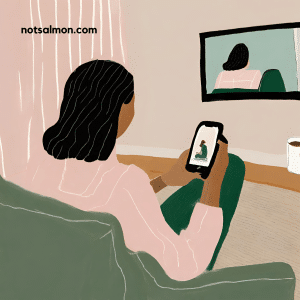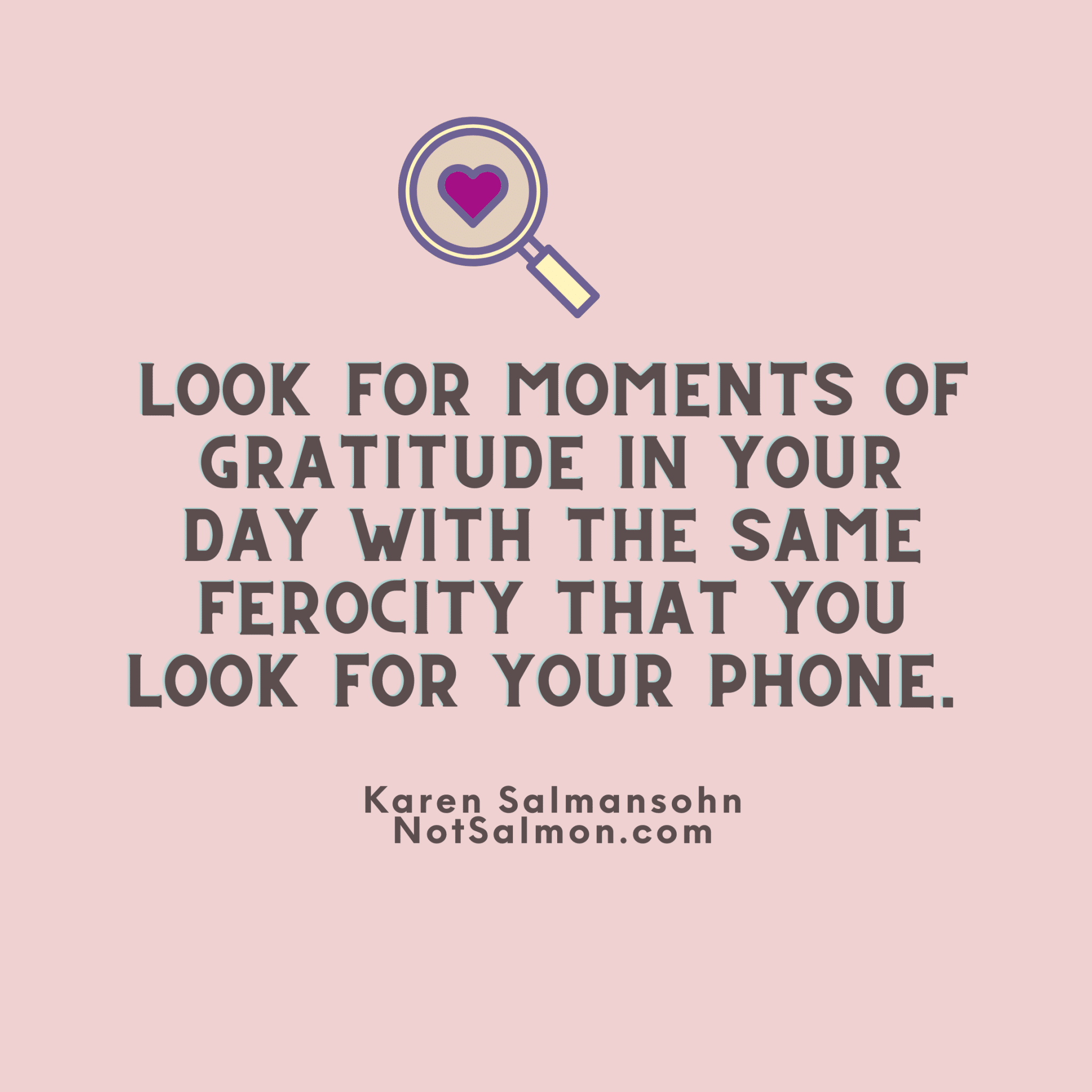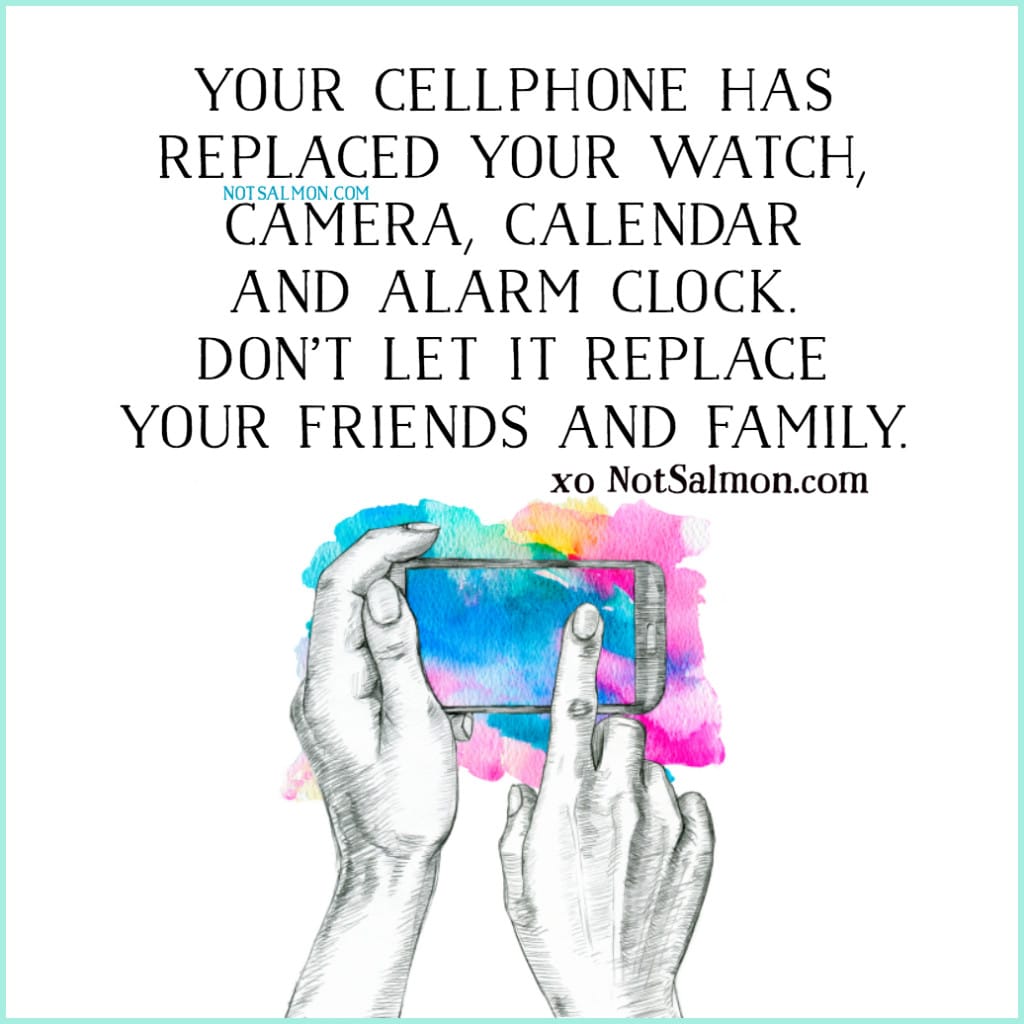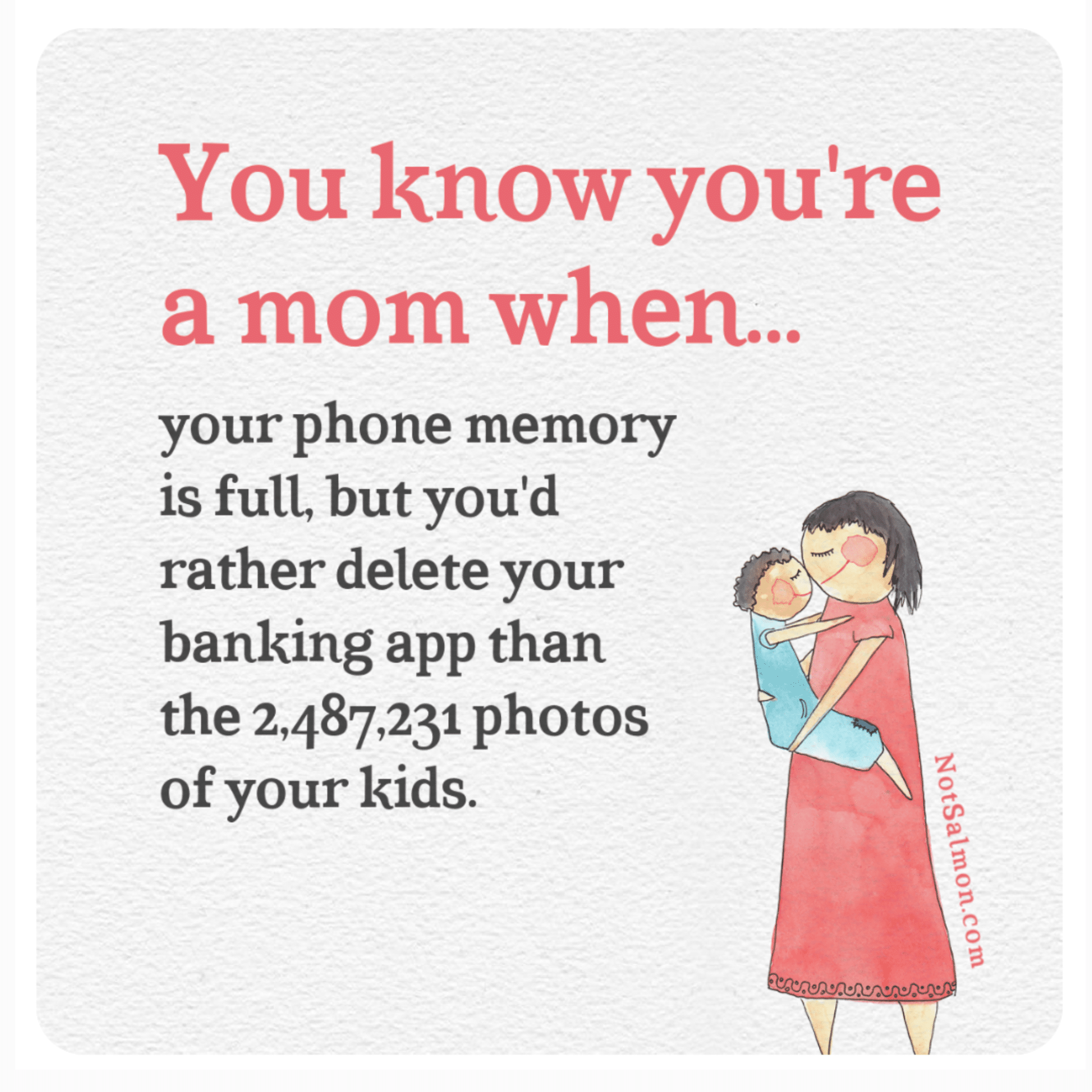 Read on for some realistic strategies to take back control of your life and break free from the dangers of technological determinism. Learn what technological determinism means – and how to overcome it.
Read on for some realistic strategies to take back control of your life and break free from the dangers of technological determinism. Learn what technological determinism means – and how to overcome it.
Let’s kick things off with a hard truth: We’re all a bit hooked on our screens. You, me, everyone.
Our days are punctuated by the ping of notifications and the glow of digital devices. It’s the soundtrack and backlight of our lives.
However, there’s more to this story than meets the eye.
Many believe that this constant connectivity is not just about personal choice.
It’s a part of a bigger and dangerous phenomenon – something called technological determinism.
What is Technological Determinism?
Technological determinism is a fancy term that basically says technology is the big boss of our lives. It’s the idea that our gadgets and gizmos shape everything we do, think, and feel… and can thereby have dangerous consequences on our lives.
For example…
- Studies consistently report that social media can make us feel anxious and depressed – due to constant comparison and fear of missing out (FOMO).
- Plus always getting text messages and notifications can also make us very stressed.
This influence of technology extends beyond our emotions, influencing our daily decisions.
For example…
- Technology winds up deciding where we’ll eat – and what we’ll eat – because social media newsfeeds are set up to make you hungry to eat specific foods. And then there’s your refrigerator – which can actually send you selfies of its contents.
Plus consider how technology has transformed the workplace.
For example…
- Thanks to Zoom and Slack, suddenly, our bedrooms double as boardrooms, blurring the lines between personal and professional spaces.
- Plus Zoom and Slack have globalized our office space. Now, your teammate could be sipping tea in Tokyo while you’re downing coffee in Cleveland.
Technology has also impacted our social structures and cultural values.
- Take, for instance, how platforms like Facebook and Twitter didn’t just change communication. They revamped politics and social activism.
- And consider the explosion of e-commerce. The ease of Amazon’s one-click shopping has not just changed buying habits. It’s reshaped retail economies and consumer culture.
- Plus how about online dating apps? They’ve revolutionized how we meet and connect with people, shifting the paradigms of romance and relationships.
It’s like technology is holding the remote control to both our inner and outer lives.
And then there is technology’s deeper cause and affect.
Impact on Society and Economy:
Technological determinism can lead to drastic changes – with unforeseen consequences.
- For example, when Britain introduced the power loom during the Industrial Revolution, it destroyed the traditional handloom weaving industry in India.
Meaning? We don’t always know the full, longterm dangerous consequence of a new seemingly helpful technology.
Psychological and Societal Effects:
- Social media platforms have contributed to issues like the spread of misinformation and privacy concerns.
- Plus technology has led to problems like cyberbullying – where people now feel freer to say mean things, spread rumors, and even threaten others.
Hence, this is another big warning, that when a new technology starts, we often don’t know its full impact on our lives.
Ethical and Moral Responsibilities:
The ethical implications of technological determinism become especially important to consider in areas like artificial intelligence (AI) and genetic engineering.
- AI, for instance, raises questions about job displacement, privacy invasion, and decision-making biases.
- The use of AI in surveillance systems can lead to privacy violations, while AI algorithms in hiring processes can perpetuate biases.
- In genetic engineering, technologies like CRISPR have the potential to cure diseases but also pose ethical dilemmas regarding gene editing in humans.
These examples highlight the need for ethical considerations and human responsibility when it comes to managing our technology.
And all of this leads us to some crucial questions:
- Are we controlling technology?
- Or is technology controlling us?
- Will we navigate these changes as empowered users?
- Or wiill we find ourselves overwhelmed by the tide of innovation?
Technological determinism paints technology as the chief influencer of our society.
 It warns that technology is fundamentally reshaping the way we live, work and play – driving societal change – whether we like it or not.
It warns that technology is fundamentally reshaping the way we live, work and play – driving societal change – whether we like it or not.
But there’s a counter-narrative to this view of our tech-driven world.
Not everyone’s buying this narrative about technology’s overwhelming power over us.
Critics argue that technological determinism gives tech too much credit – while underplaying the role of good ol’ human choice and cultural context.
Many critics believe that while tech plays a big part in our lives, the story of societal change is also greatly written by human actions and decisions (aka: human agency).
For example, consider the resurgence of vinyl records.
- In a digital music world, this analog comeback speaks volumes about our choice to sometimes resist the digital tide.
Plus, reflect on the “digital detox” trend.
- People consciously unplug from technology to reconnect with the physical world – a choice showcasing our power over technology, not just its power over us.
So, although many people say that technology is in charge – telling us what to do – other people are saying that’s too simple.
In other words, there’s a more balanced view of our relationship with technology.
In fact, many believe the interaction between humans and technology is far from a one-sided power play.
 We humans tell technology what to do, too.
We humans tell technology what to do, too.
Meaning? All the stuff we use, like apps on our phones or features in our cars, didn’t just appear out of nowhere. People made them based on what we all wanted or needed.
Every technological tool we use is the result of human innovation and demand.
When we want something, we brainstorm and create a technology that can give it to us.
It’s like we’re having a conversation with technology – telling it what we want from it – not just taking orders from it.
Look at your phone. It used to be just for calls, but now it does so much more. Why? Because we all wanted phones that could go online, take photos, play games, and connect on social media.
- It’s not that phones changed on their own.
- We changed them – because that’s what we wanted.
Even with social media, it’s not just us scrolling and liking stuff. We give feedback back to social media – complaining when we don’t like something about how it works – and thereby we can make social media companies change things up.
Plus, how we humans use technology depends on where we’re living.
 Technology doesn’t look the same everywhere. Different places and people use and think about technology in their own ways – depending upon their backgrounds and cultures.
Technology doesn’t look the same everywhere. Different places and people use and think about technology in their own ways – depending upon their backgrounds and cultures.
For example, social media is different for people in different parts of the world.
- In Tokyo, people use it more for business stuff and keeping everything smooth and polite, which is a big deal in Japanese culture.
- But in Texas, it’s a whole different story. There, people are more into showing off their personal lives and saying whatever’s on their mind.
Plus mobile payment is different around the world too.
- In places like Kenya, where a lot of people don’t have easy access to banks, mobile money is a game-changer. It’s a big deal to be able to send and save money on your phone. And so, this tech winds up being super important for basic needs and can really help people to make a living and have access to funds.
- But in rich countries – where banks are everywhere – mobile payments are just another thing on your phone – making life more convenient and fun.
Age also changes how technology is used too.
- In places with lots of older folks, like Japan, a lot of tech is focused on health and helping seniors out.
- In countries with younger populations, it’s more about education, entertainment and having fun.
Meaning? The way humans use technology depends on what’s important to us humans.
And so our relationship with technology can be seen as more like a dance – than a technological dictatorship.
We humans have a say in how we use our technology.
- We’re not just sitting back and letting technology overpower our lives.
- We have control over the story of technology’s impact on our lives.
Or at least we humans have control over technology – as along as we stay awake to the dangers of technological determinism.
Hence my goal for writing this article – to remind people how we need to be aware of the dangers of technological determinism – and mindfully manage our use of technology.
6 Tips To Break Free from Technological Determinism
 Now that you understand a bit more about what technological determinism is, let’s dive into some life-saving tips to ensure you’re not being tech’s puppet – you’re its master.
Now that you understand a bit more about what technological determinism is, let’s dive into some life-saving tips to ensure you’re not being tech’s puppet – you’re its master.
1. Acknowledge Your Tech-Savvy Inner Zombie
Before you can break free, you’ve got to admit you’re shackled. Notice when you’re mindlessly scrolling through your feed like a zombie looking for a brain buffet.
The first step to beating technological determinism is seeing it for what it is – a sneaky little bugger that lures you in with notifications and likes.
2. Set Boundaries Like a Boss
It’s time to set some hardcore boundaries. Designate tech-free zones and times.
- Your bedroom? Make it a tech-free sanctuary.
- Dinner time? Let’s actually talk to the people we’re eating with instead of Instagramming our food.
- And yes, that means resisting the urge to snap a pic of that perfectly arranged avocado toast.
3. Reconnect with the Analog World
Remember books? Those things with pages and words? Crack one open. Feel the pages. Smell the print. It’s like a sensory trip to the good old days. (And…I recommend this particular book to further improve your mindset!)
And hey, why not actually talk to people face-to-face? It’s like social media but in 3D, and spoiler alert: it’s way more fulfilling.
4. Be a Rebel – Question Everything
 Why are you using technology the way you are?
Why are you using technology the way you are?
Is it because it genuinely adds value to your life.
Or are you just following the digital herd off the proverbial cliff?
Every time you pick up your phone, ask yourself:
- Is this really what I want to be doing right now?
If not, put that seductive little screen down and walk away.
5. Embrace the Joy of Missing Out (JOMO)
FOMO (Fear Of Missing Out) is so last season. It’s all about JOMO now – the Joy Of Missing Out.
Embrace it. Love it.
There’s a strange kind of bliss in not knowing what your high school acquaintance ate for lunch or which celebrity just got a new tattoo.
6. You’re Not a Robot – So Stop Acting Like One
Lastly, remember you’re a human, not a programmable device. You have thoughts, feelings, and, most importantly, a choice. Technology is a tool, not a life sentence. Use it, don’t let it use you.
Recap: Break Free from Technological Determinism
So, there you have it – your very own guide to breaking free from the invisible chains of technological determinism. Remember, in the battle against the digital takeover, you’re the hero. Now go forth and reclaim your real-world life. It’s waiting for you – just beyond that screen.
Tweak Your Way To Your Best Life
If you’re struggling to get started with making small needed changes in your life, consider enrolling in my online program Tweak A Week. This course is designed to make it fun and easy to add in new small tweaks to your habits each week.
P.S. Before you zip off to your next Internet pit stop, check out these 2 game changers below - that could dramatically upscale your life.
1. Check Out My Book On Enjoying A Well-Lived Life: It’s called "Your To Die For Life: How to Maximize Joy and Minimize Regret Before Your Time Runs Out." Think of it as your life’s manual to cranking up the volume on joy, meaning, and connection. Learn more here.
2. Life Review Therapy - What if you could get a clear picture of where you are versus where you want to be, and find out exactly why you’re not there yet? That’s what Life Review Therapy is all about.. If you’re serious about transforming your life, let’s talk. Learn more HERE.
Think happier. Think calmer.
Think about subscribing for free weekly tools here.
No SPAM, ever! Read the Privacy Policy for more information.
One last step!
Please go to your inbox and click the confirmation link we just emailed you so you can start to get your free weekly NotSalmon Happiness Tools! Plus, you’ll immediately receive a chunklette of Karen’s bestselling Bounce Back Book!


 Read on for some realistic strategies to take back control of your life and break free from the dangers of technological determinism. Learn what technological determinism means – and how to overcome it.
Read on for some realistic strategies to take back control of your life and break free from the dangers of technological determinism. Learn what technological determinism means – and how to overcome it. It warns that technology is fundamentally reshaping the way we live, work and play – driving societal change – whether we like it or not.
It warns that technology is fundamentally reshaping the way we live, work and play – driving societal change – whether we like it or not. We humans tell technology what to do, too.
We humans tell technology what to do, too. Technology doesn’t look the same everywhere. Different places and people use and think about technology in their own ways – depending upon their
Technology doesn’t look the same everywhere. Different places and people use and think about technology in their own ways – depending upon their Now that you understand a bit more about what technological determinism is, let’s dive into some life-saving tips to ensure you’re not being tech’s puppet – you’re its master.
Now that you understand a bit more about what technological determinism is, let’s dive into some life-saving tips to ensure you’re not being tech’s puppet – you’re its master. Why are you using technology the way you are?
Why are you using technology the way you are?